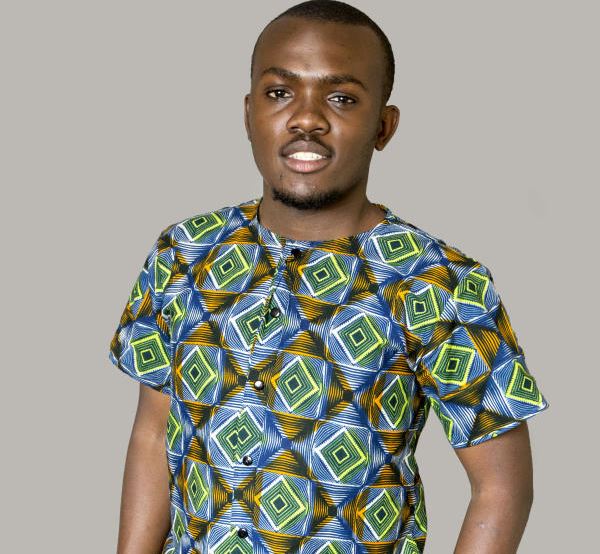×
The Standard e-Paper
Home To Bold Columnists

“As a kid, I watched as our lifestlye transformed for the better when my dad resigned from his job and went into business. It was at this point that I knew I wanted to be an entrepreneur,” says Ian Mati, founder of Vintara Collections.
At 25, Ian runs an accessory brand which merges Ankara material with modern material to make unique cultural bags for all occasions.